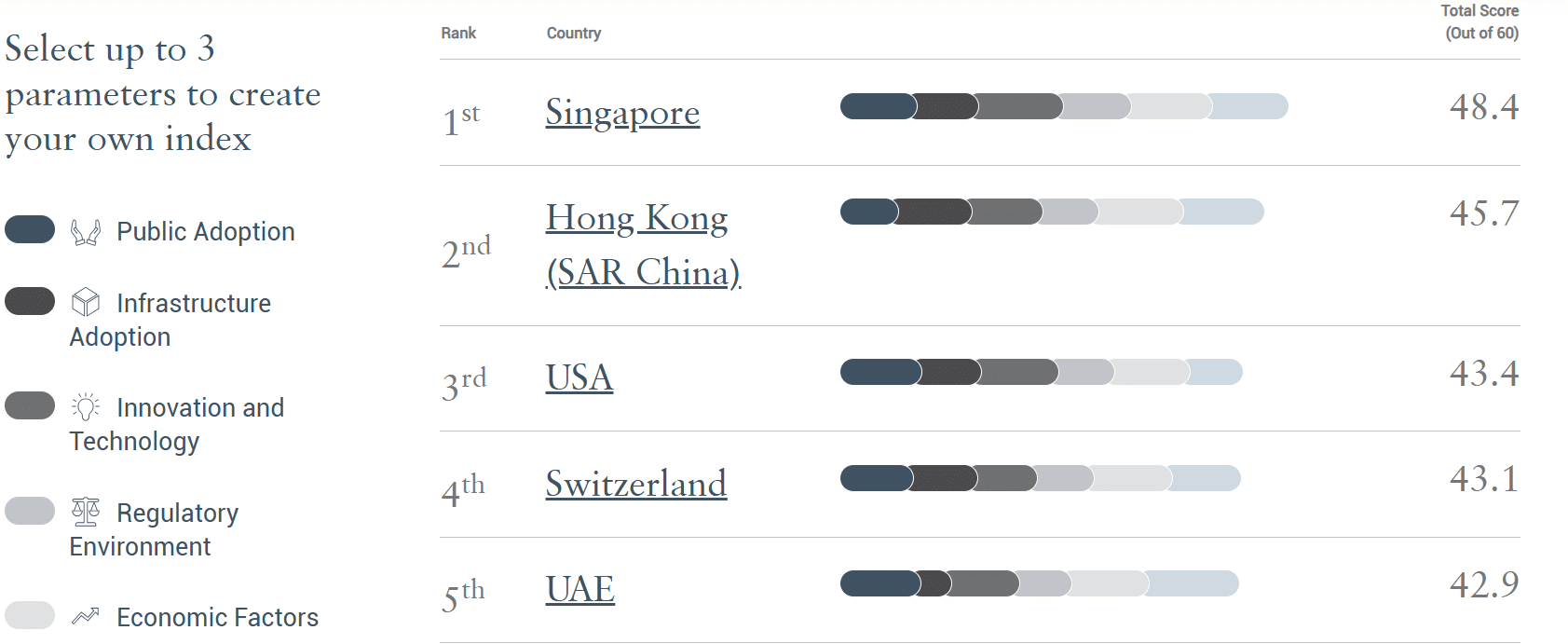Ripple Fires Back: Is the SEC Poised to Tighten Its Grip on Crypto, or Is This Just the Beginning of a Regulatory Showdown?
Ever wondered what happens when the SEC gets handed more power over the crypto tokens we thought were outside their reach? Ripple sure did—and they’re not thrilled. In a bold move, Ripple has slammed the draft crypto market structure bill for potentially expanding the SEC’s authority in ways that might just choke innovation and leave digital assets like XRP, ETH, and SOL stuck in regulatory limbo. After years of navigating the rough waters of SEC litigation, Ripple is pushing back hard, urging Congress to cut through the confusion with clear, sensible rules instead of throwing more vague legislation into the mix. It’s a wake-up call for anyone who thought the crypto market was finally getting its due clarity. So, what does Ripple’s critique mean for the future of digital assets and the industry at large? Let’s dive in. LEARN MORE.
Ripple urges Congress to define clear rules for digital assets after highlighting risks of ongoing regulatory uncertainty.

Key Takeaways
- Ripple emphasized the need for clear jurisdictional boundaries in crypto regulation after its recent SEC litigation.
- The company advocates excluding well-established tokens like ETH, SOL, and XRP from perpetual SEC oversight and calls for objective legislative criteria.
Share this article
Ripple has warned that the draft legislation on the crypto market structure could entrench unchecked SEC authority and create lasting regulatory uncertainty for the digital asset industry.
Thank you to @BankingGOP for the opportunity to respond to your Request For Information. With over a decade of experience working with regulators all over the world—and hard-earned lessons from our SEC fight—Ripple welcomes the chance to offer our unique perspective as Congress…
— Stuart Alderoty (@s_alderoty) August 5, 2025
In an August 5 letter to Tim Scott, the Senate Banking Committee Chairman, Ripple Chief Legal Officer Stuart Alderoty argued that the bill failed to provide the clarity it promises, especially around SEC jurisdiction, token classification, and the treatment of long-established digital assets like XRP.
“The current definition of ‘ancillary asset’ risks significant regulatory overreach because it effectively presumes that any token once offered in connection with an investment contract places future transactions of that token by the ‘originator’ under SEC jurisdiction—indefinitely,” Alderoty wrote.
The company argued that well-established tokens operating on open networks, including ETH, SOL, and XRP, should not face perpetual SEC oversight when current transactions don’t reflect securities characteristics.
Ripple called for Congress, not regulators, to establish objective criteria for applying the Howey test to digital assets. The company warned against codifying Howey “in vague or open-ended terms,” stating that this “would only deepen uncertainty, harming consumers and markets alike.”
The response also recommended that tokens traded freely for five or more years on permissionless networks should be “presumptively excluded from securities regulation,” and advocated for federal preemption of certain state laws to ensure regulatory consistency nationwide.
Share this article




















Post Comment